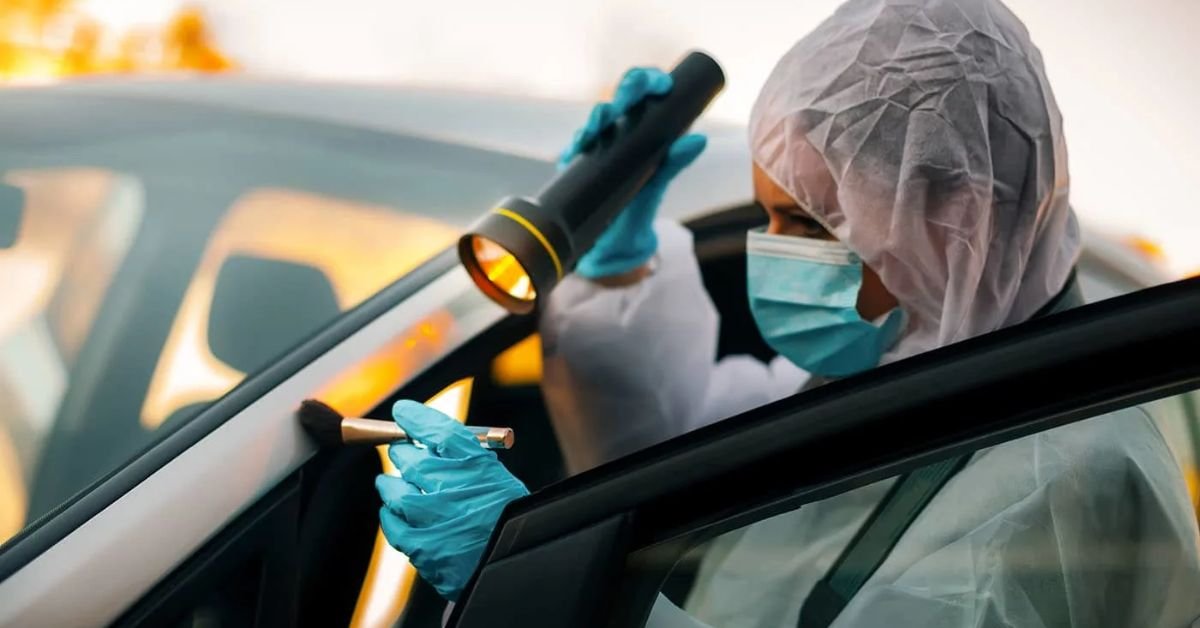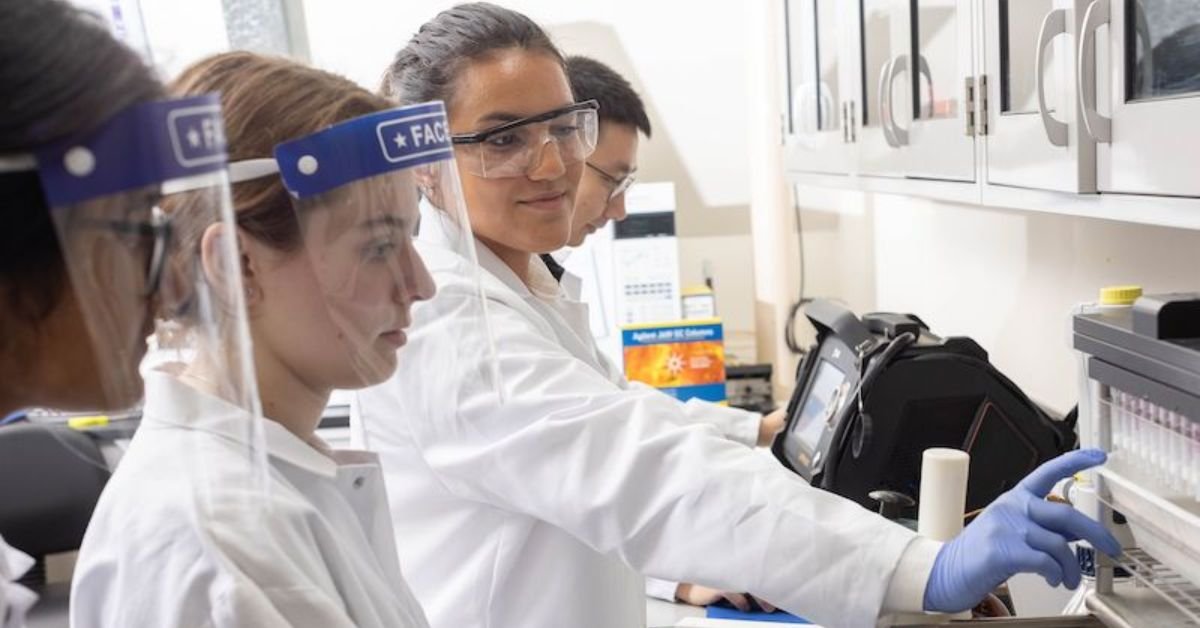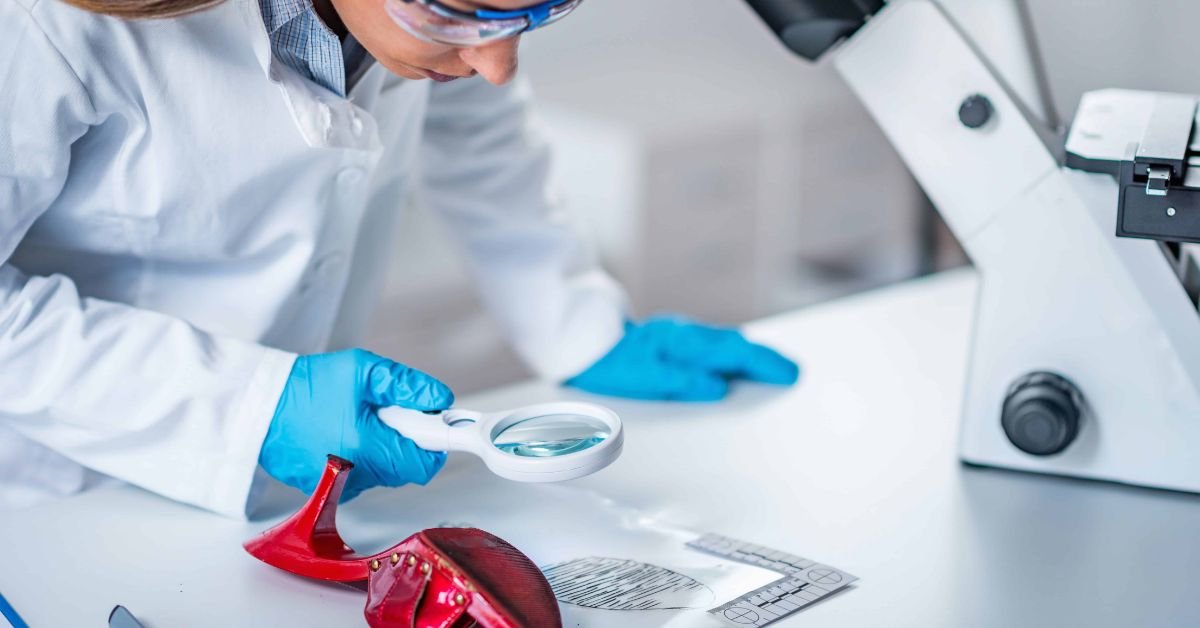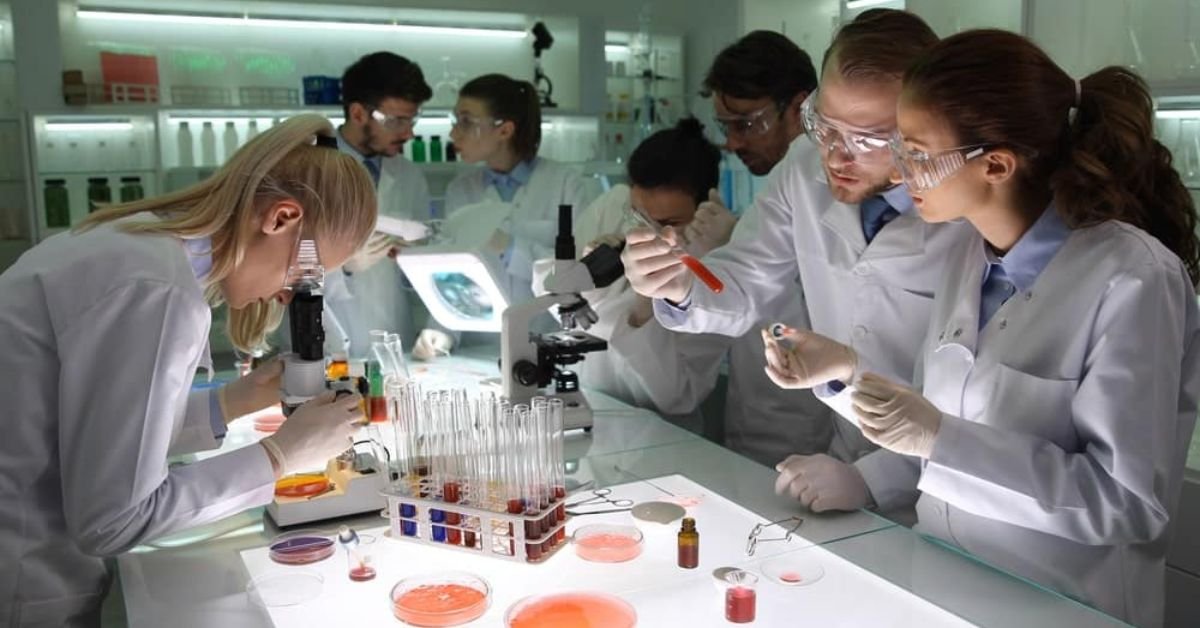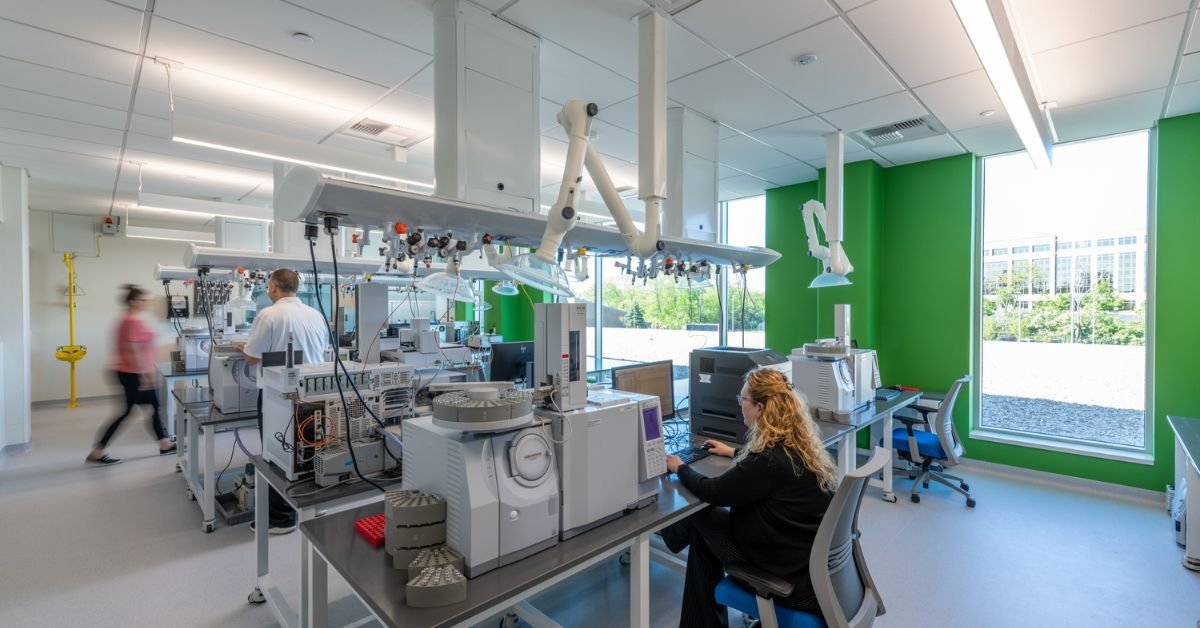Crime scene technicians serve an essential role in Florida’s criminal justice and medicolegal systems. These professionals are tasked with documenting, collecting, preserving, and analyzing physical evidence found at crime scenes. Their work contributes directly to investigations, prosecutions, and exonerations, making technical expertise, legal knowledge, and ethical conduct indispensable. This article provides a detailed overview of the qualifications required for crime scene technicians in Florida, including education, training, certification, and relevant statutory considerations.
Overview of Requirements
The qualifications for crime scene technicians in Florida can vary by employer and jurisdiction, but the core competencies remain consistent across agencies. Most positions require a combination of post-secondary education, specialized forensic training, practical experience, and, in many cases, professional certification.
Core Qualifications for Crime Scene Technicians in Florida
| Qualification Category | Requirement |
|---|---|
| Minimum Education | Associate or Bachelor’s degree in Forensic Science, Criminal Justice, Biology, or Chemistry |
| Preferred Education | Bachelor’s degree (4-year) in a forensic-related field |
| Training | On-the-job training in crime scene processing, evidence handling, photography |
| Certifications | IAI’s Certified Crime Scene Investigator (CCSI) or other relevant certifications |
| Experience | 1–2 years preferred; internships or lab experience may be accepted for entry-level |
| Legal Knowledge | Familiarity with Florida Evidence Code (Ch. 90, F.S.) and chain-of-custody standards |
| Technical Skills | Proficiency in photography, evidence preservation, forensic software |
| Ethical Standards | Adherence to impartial evidence handling and testimony; avoidance of contamination |
| Employers | Local police departments, sheriff’s offices, FDLE, medical examiner’s offices |
Educational Requirements
Academic Foundations
A minimum of an associate degree is often required, although most Florida agencies prefer applicants with a bachelor’s degree in forensic science, criminal justice, or a closely related discipline such as biology or chemistry. These degree programs provide foundational knowledge in areas such as crime scene reconstruction, serology, toxicology, and criminal law.
Academic institutions in Florida offering relevant programs include:
- Florida International University (FIU) – Bachelor of Science in Forensic Science
- University of Central Florida (UCF) – Bachelor of Science in Forensic Science
- Florida Gulf Coast University (FGCU) – Bachelor of Arts in Criminal Justice with forensic electives
These programs are often aligned with national curriculum standards and may include lab work, research projects, and internships.
Professional Training
Upon employment, crime scene technicians undergo in-depth training through their agency or partnering institutions. Training typically includes:
- Crime scene documentation and photography
- Biological and trace evidence collection
- Latent fingerprint recovery and analysis
- Digital evidence preservation
- Bloodstain pattern interpretation
- Chain of custody and legal documentation
Agencies may follow protocols developed by national bodies such as the Scientific Working Group on Crime Scene Investigation (SWGCSI) and the National Institute of Justice (NIJ).
The Florida Department of Law Enforcement (FDLE) also provides crime scene processing resources and forensic training guidelines for local agencies across the state.
Certification and Credentialing
While Florida does not require licensure for crime scene technicians, professional certification is considered a best practice and is frequently required or encouraged by employers.
The most widely recognized certifications include:
- Certified Crime Scene Investigator (CCSI) – Offered by the International Association for Identification (IAI), requiring:
- At least one year of experience
- 48 hours of crime scene-related coursework
- Passing a standardized examination
- Certified Forensic Photographer – Also administered by the IAI, for technicians specializing in imaging and documentation
- Certified Latent Print Examiner – For roles involving fingerprint comparison and analysis
These credentials reinforce technical competency and enhance credibility during courtroom testimony.
Experience and Skills
While some entry-level positions are available, most employers in Florida prefer candidates with 1–2 years of direct or related experience. This may include:
- Internships with law enforcement agencies
- Volunteer or paid work in crime laboratories
- Field training in evidence processing
Essential Competencies
Crime scene technicians are expected to demonstrate the following skills:
- Attention to detail in scene processing and documentation
- Technical proficiency with digital cameras, 3D scanning, and forensic software
- Strong communication skills for report writing and courtroom testimony
- Ability to work irregular hours, often including nights and weekends
- Physical stamina for extended outdoor or hazardous conditions
Legal and Ethical Considerations
Crime scene technicians in Florida must adhere strictly to legal and ethical standards that govern evidence handling, privacy, and professional integrity.
Applicable Legal Frameworks
- Florida Evidence Code (Chapter 90, Florida Statutes) – Governs admissibility and chain of custody for physical evidence
- Florida Rules of Criminal Procedure – Regulate the conduct of criminal investigations and pretrial discovery
- Fourth Amendment Protections – Require technicians to respect constitutional rights during evidence collection
Errors such as contamination, loss of evidence, or improper documentation can compromise criminal cases. As such, technicians must operate with high ethical standards and legal awareness.
Employment Landscape in Florida
Public Sector Opportunities
Most crime scene technicians in Florida are employed by:
- Municipal police departments
- County sheriff’s offices
- The Florida Department of Law Enforcement (FDLE)
- Medical examiner’s offices, particularly for death scene investigations
Larger jurisdictions often maintain full-time crime scene units, while smaller agencies may contract or share services. Job titles include:
- Crime Scene Technician
- Crime Scene Analyst
- Forensic Evidence Technician
- Forensic Investigator
Salary and Outlook
According to the U.S. Bureau of Labor Statistics (2024), forensic science technicians in Florida earn a median annual wage of approximately $63,000, with variation based on agency size, location, and experience level.
Employment in this field is expected to grow faster than average, driven by increased demand for forensic services and technological advancements in crime scene analysis.
Continuing Education and Advancement
Ongoing professional development is critical in forensic science. Technicians are expected to:
- Attend conferences and workshops (e.g., IAI annual conference)
- Maintain or upgrade certifications
- Pursue graduate education, such as a Master’s in Forensic Science or Criminal Justice
Experienced technicians may advance into supervisory roles, forensic laboratory analysis, or specialized investigative units.
Conclusion
The role of a crime scene technician in Florida is multifaceted, requiring academic preparation, technical training, legal literacy, and ethical accountability. While the state does not impose a centralized licensing framework, adherence to national standards and professional certification ensures consistent and credible forensic practice. As crime scene investigation continues to evolve with technological innovation, so too must the qualifications and competencies of those entrusted with preserving the integrity of evidence in Florida’s justice system.
References
- Florida Department of Law Enforcement (FDLE): https://www.fdle.state.fl.us
- Florida Statutes, Chapter 90 – Evidence Code: http://www.leg.state.fl.us/Statutes/
- International Association for Identification (IAI): https://www.theiai.org
- U.S. Bureau of Labor Statistics – Forensic Science Technicians: https://www.bls.gov/ooh/life-physical-and-social-science/forensic-science-technicians.htm
